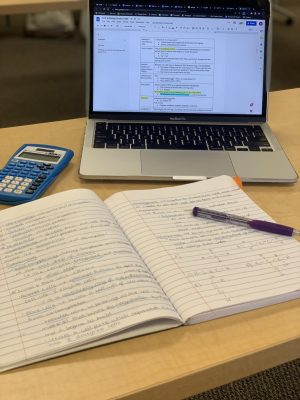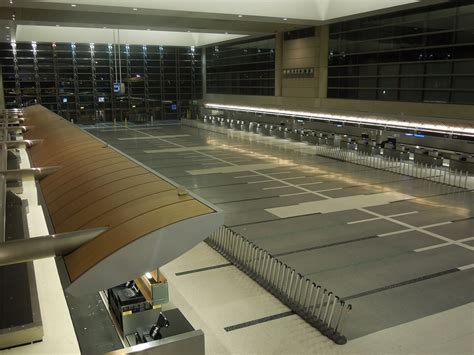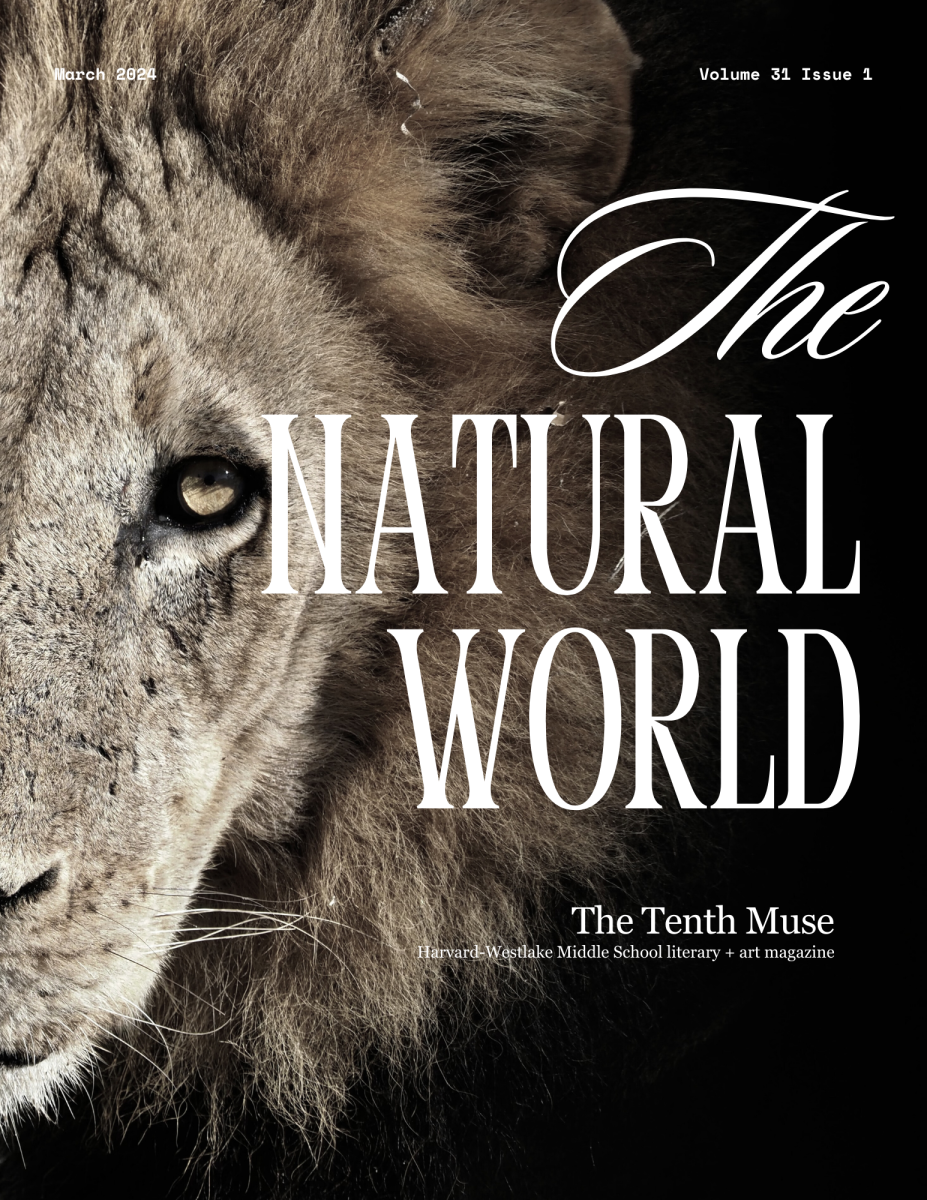With much of the world in pandemic lockdown, one of the first things to go has been international travel. The prospects of travelling through crowded airports, airplanes, across international boundaries and interacting with others clearly do not align with current recommendations for the health and safety of all, such as only leaving home for essential services.
While for many, this might mean a pause on exciting vacations, for others it is something much more difficult. According to recent estimates by the United Nations World Tourism Organization (UNWTO), over 300 million people are employed in the tourism sector, which unlike other industries, cannot translate to remote and safe practices. Also, many smaller economies rely heavily on tourism as a major source of income.
These places are finding themselves in a bind as the pandemic continues. Often, they must choose between keeping safe, but also halting revenue, or allowing tourists to visit despite health recommendations and orders issued.
One city that relies heavily on tourism is Los Angeles. To combat the spread of the coronavirus, which is running rampant in Los Angeles County, the city and county have both taken active safety measures, many of which indirectly discourage tourists. The Los Angeles Tourism and Convention Board estimated that last year, the expected tourism-related loss for last year would amount to $13 billion. With the new year underway and case counts still reaching highs, that number is not expected to drop off. Quarantines for all persons entering the region have been urged, as has COVID-19 testing. For those still planning to visit, many familiar, desired attractions are restricted, if not closed altogether.
In the state of Hawaii, tourism is easily the largest source of capital to the economy. At the onset of the pandemic, Hawai’i took some of the strictest measures to prevent from virus spread. A mandatory 14-day quarantine served well in keeping the contagious pathogen away from the islands, but in doing so also eliminated the usual flow of tourists, whose numbers last year were only a quarter as high as they were in 2019.
Seeing the likely ill economic effects of prioritizing health, the state government lowered the quarantine to 10 days, and is now allowing mainland domestic tourists to bypass that with a negative test result, sometimes one both before and after arrival in the state. Face coverings are also required at all times. While Hawai’i politicians still believe in placing the health of their own citizens over the tourism industry, the steep drop offs in revenue have led to some changed decisions.
Speaking for her coworkers in the tourism industry, one worker said in an interview with NPR, “They’re just so, so tired. Not sleeping at night, zero income for a long time. No help on the horizon. They’re thinking about shuttering their businesses.”
Abroad, the effects of tourism loss due to the pandemic are stinging. Just as they are domestically, tourism-dependent economies are struggling to find the balance between safety and income is a field that requires in-person visitors from around the world. In Thailand, tourism is thought of by the people as a constant, driving force that enables the economy.
Bangkok, the capital and largest city, was declared 2019’s most visited city. With that formerly steady stream of income into the country now gone, the economy is questioning itself. Recently, bans have been lifted for residents of 56 countries in an attempt to resuscitate a sector that has been growing in recent years and now employs an eighth of the population.
Italy was the first country in Europe to feel the full effects of the pandemic, meaning its own flow of tourists was disrupted early on. With levels still low, many Italians can only hope for a better future. Current levels are bringing in only as much money as was seen over 50 years ago. An Italian professor at the University of Lugano, Claudio Visentin, said “It was like a speeding car crashing into a wall, with no airbag.”
Many other nations, including dozens of island states without access to other industries, are trying their hardest to bring back what they know. With vaccine rollout underway, there is hope for the future, but the struggles will remain until this pandemic can finally be ceased.











